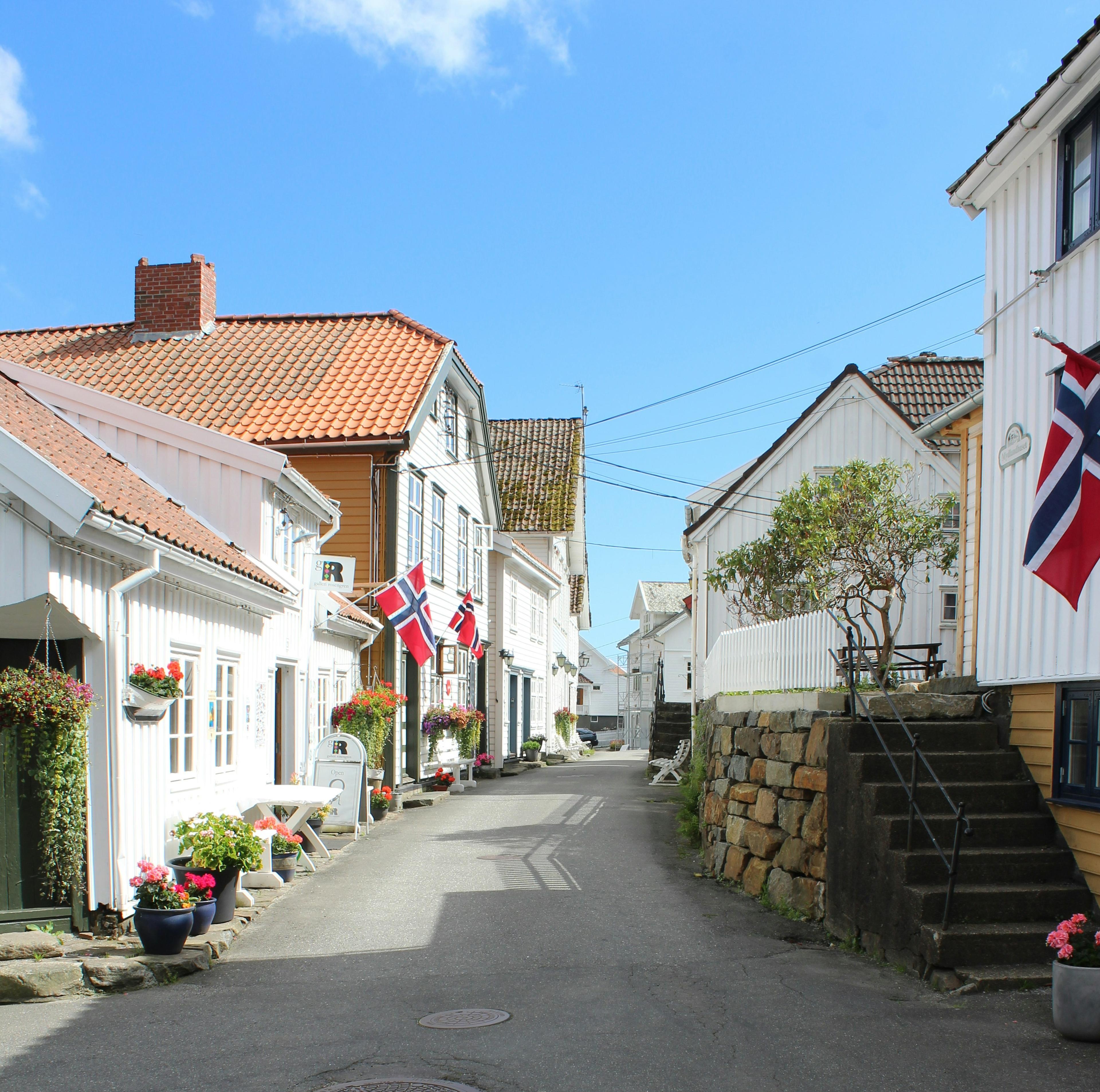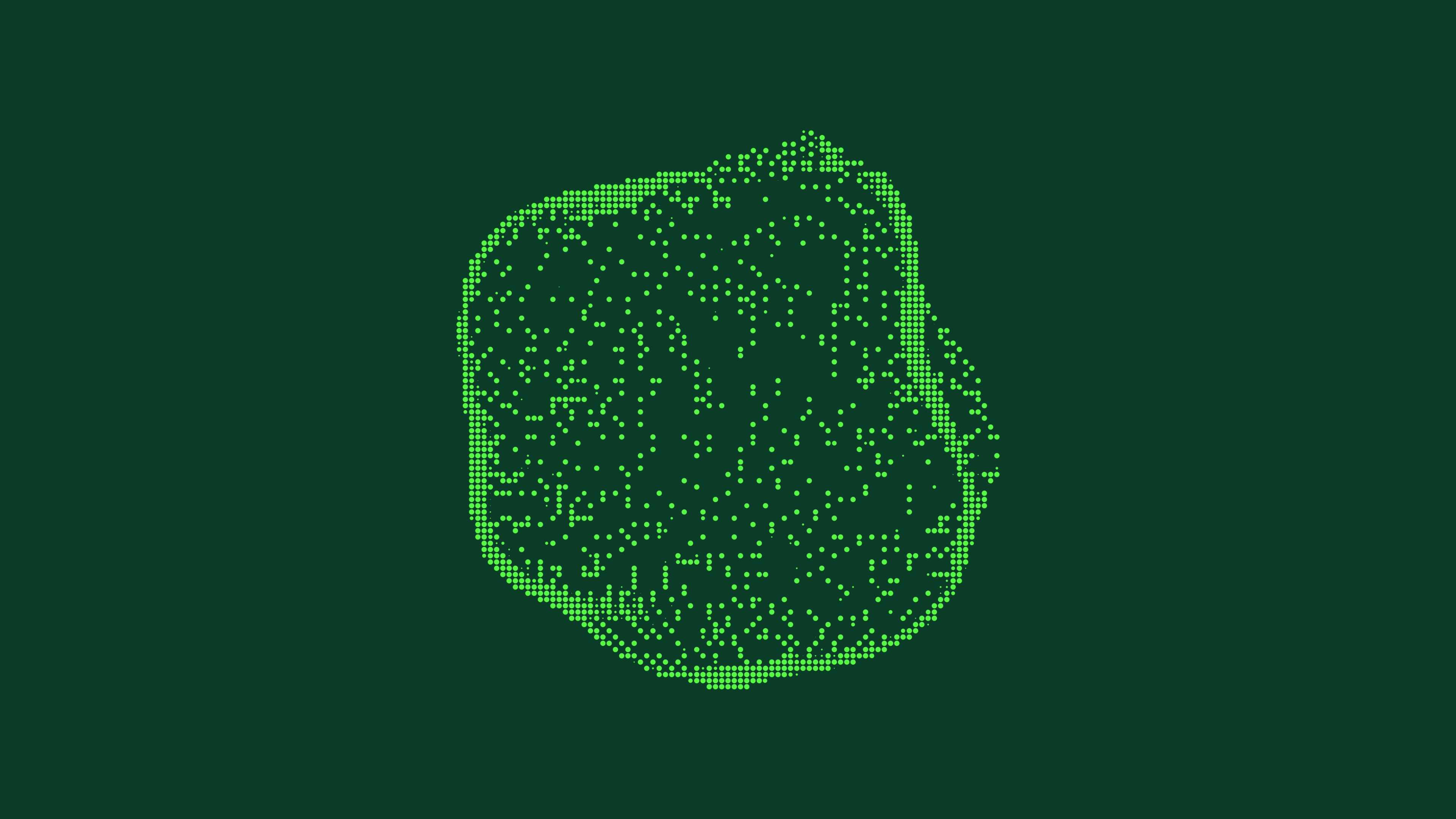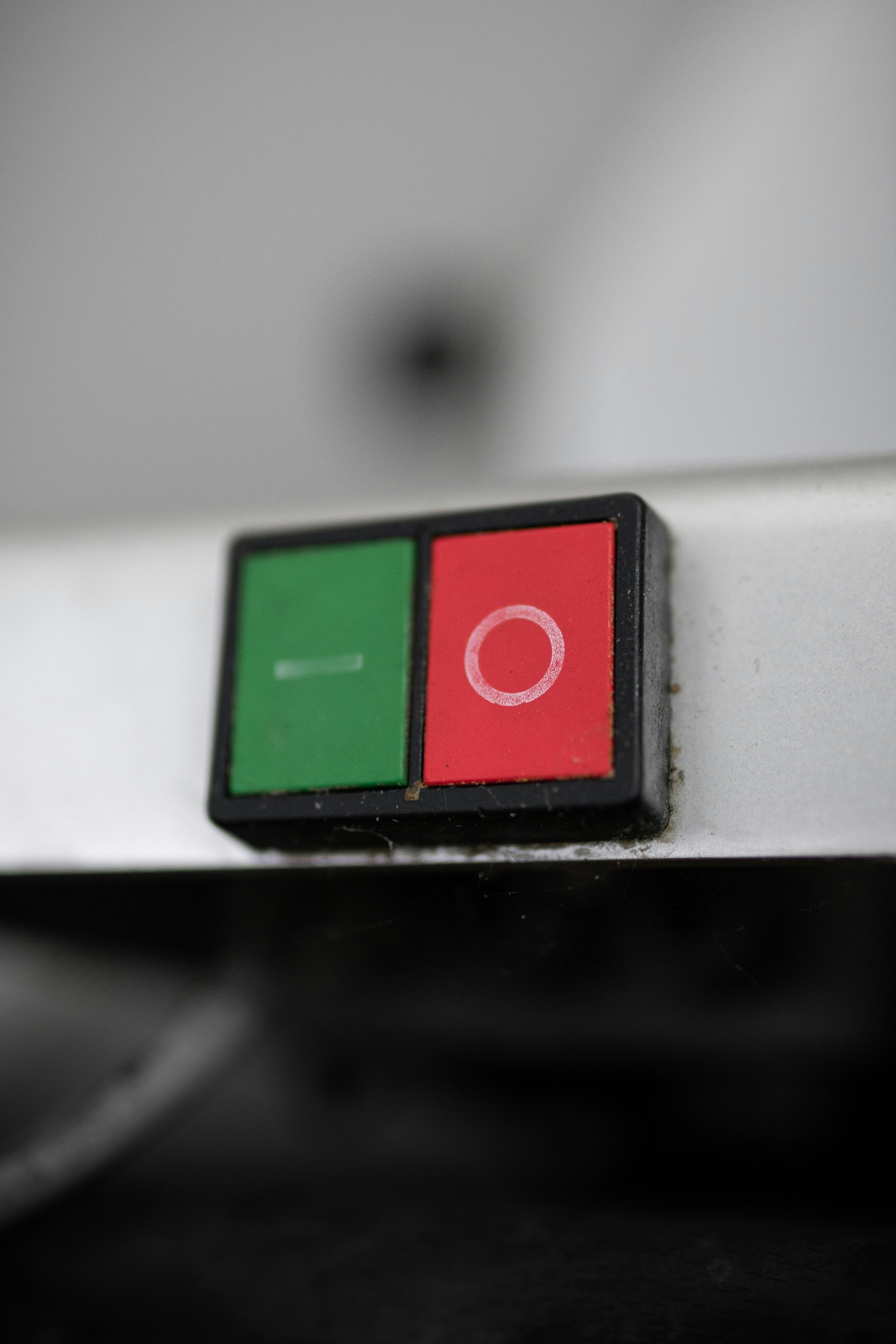
Vi er Elhub
Elhub er Norges IT-plattform for innsamling og distribusjon av strømdata. Elhub er et offentlig selskap eid av Statnett SF og finansieres av alle Norges nettselskaper og strømleverandører. Nettselskaper, strømleverandører og tjenesteleverandører bruker Elhub til sikker utveksling av strømdata for over 4 millioner målepunkter.
På Elhub Min side kan du se og dele dine egne strømdata og du kan bestille Norgespris for dine strømmålere.
Informasjon om deling av tilgang for dine strømmålere
Norgespris
Statlig frivillig ordning, alternativ til strømstøtte
Forutsigbar strømpris gjennom året
Du beholder strømavtalen din
Nettselskapet ditt er ansvarlig for Norgespris-avtalen


Bør jeg velge Norgespris?
Du kan nå logge deg på Elhub Min side for å se hvordan Norgespris ville påvirket strømregningen din for tidligere år. Dette kan du se i tabell eller graf ved å trykke på knappen "Hva ville det kostet?". Dette vil være nyttig når husholdningene skal ta stilling til om de skal bestille Norgespris eller ikke.
Bestille Norgespris
Norgespris gjelder kun strømforbruk i husholdningers bolig og fritidsbolig. Næringsvirksomhet er ikke omfattet av ordningen.
I en husholdning er det den personen som mottar strømregningen som har tilgang til strømmåleren på Elhub Min side og som kan bestille Norgespris.

Grunnlag balanseavregning versjon D+5 for januar 2026 er ferdigstilt

Nedetid i Elhub fra 6. februar klokken 15

Nytt avviksoppgjør er kjørt

Ekstra preliminær beregning er kjørt
Elhub har beregnet elsertifikatpliktigforbruket for 2024 og 2025. Det er nå mulig og sjekke de kvotepliktige forbruksverdiene i Elhub Aktørportal under Avregning > Kalkulasjon elsertifikatpliktig forbruk. Dato kjørt og kjøremodus = "30-01-2026 10:42 - Preliminært". Det er kun mulig å velge ett nettområde av gangen. Oversikt over plan for kjøringer for årsslutt 2024 og 2025 ser du her: Beregninger av kvotepliktig forbruk ved årsslutt

